




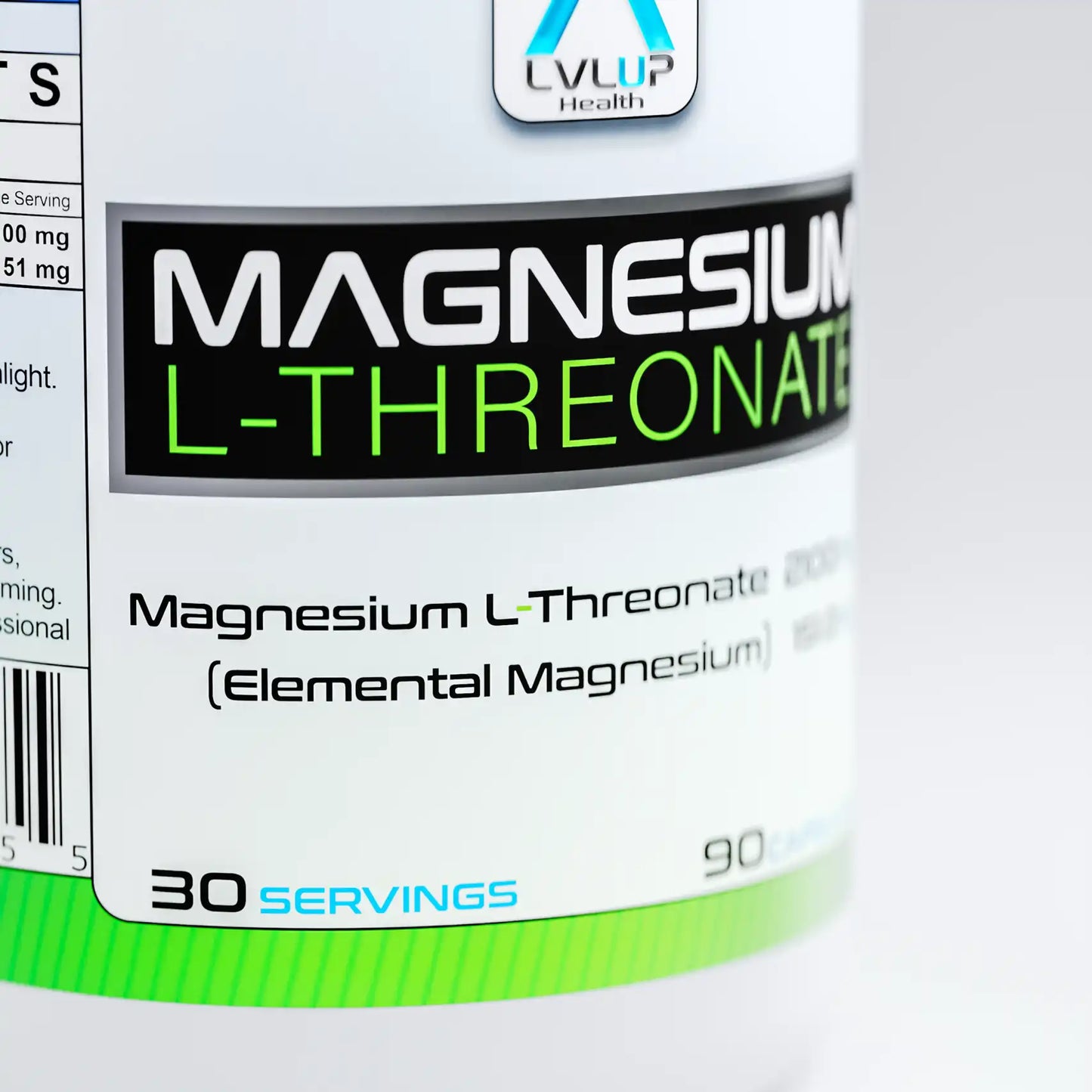
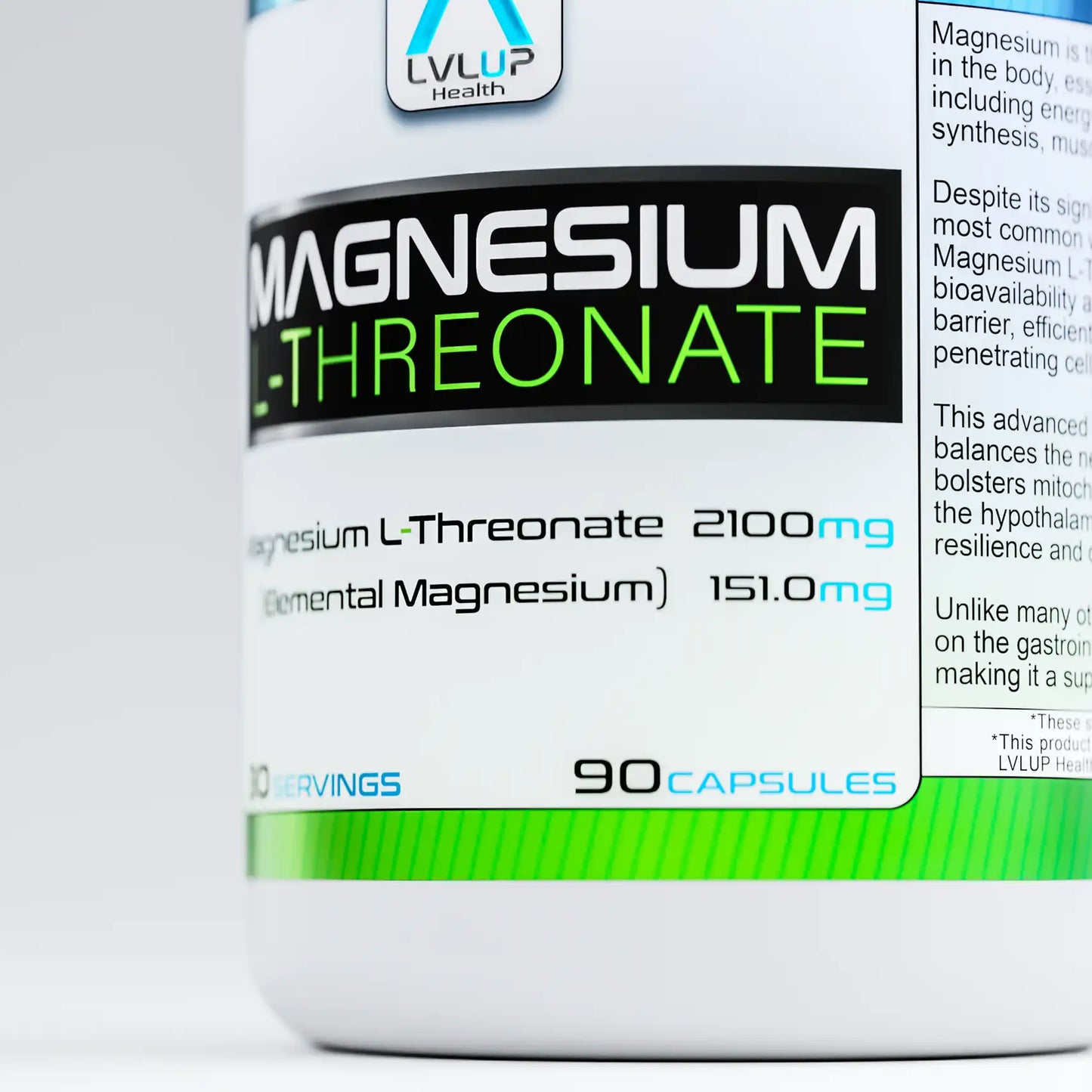
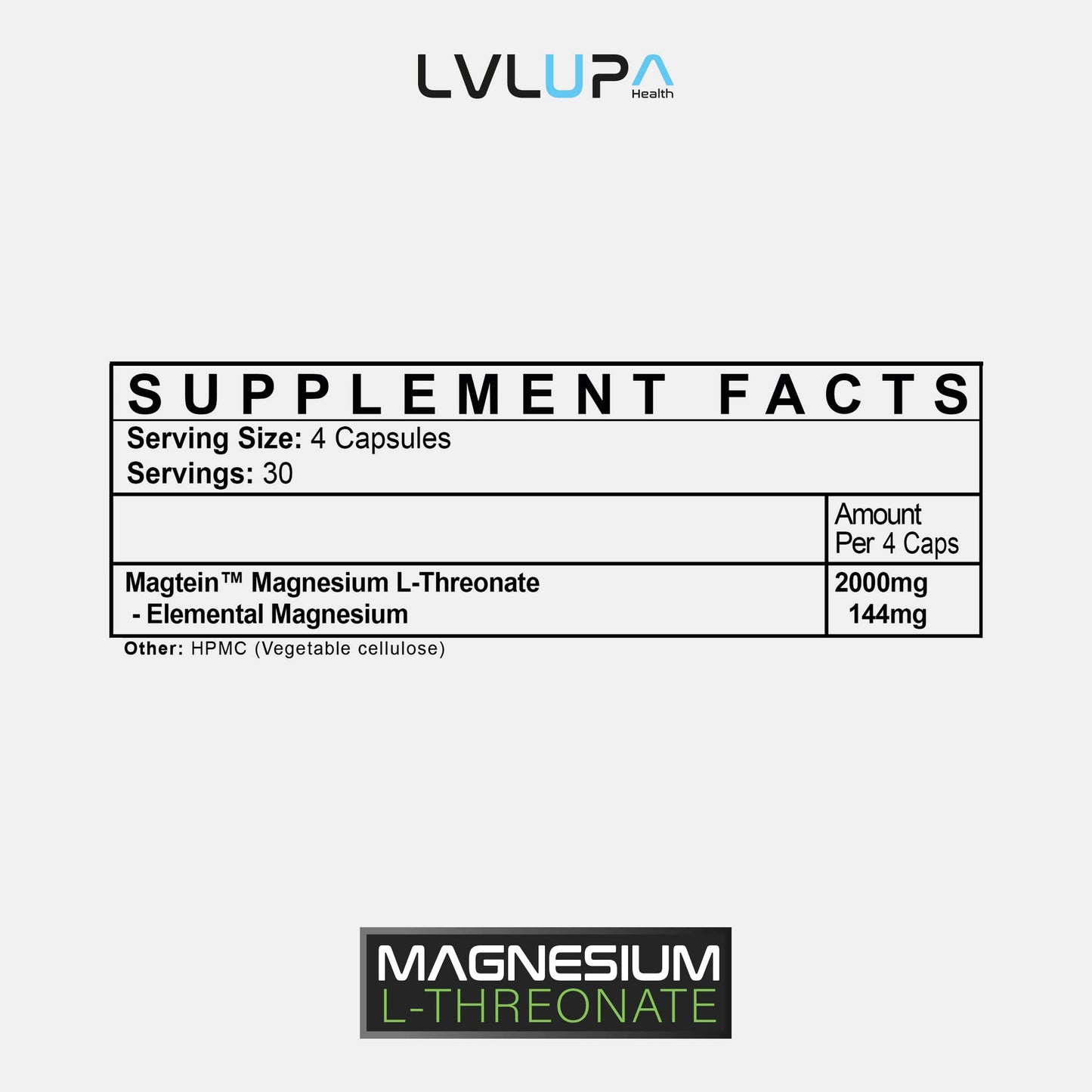

Description
What is Magnesium L-threonate?
Magnesium L Threonate, a novel form developed by a team of MIT scientists, it is a unique form of magnesium created with the goal to have a magnesium amino acid chelate that reached the brain efficiently. Developers decided that the amino acid L-Threonate, which is a metabolite of vitamin C, would be best for this function.
L-Threonate is a unique amino acid which appears to enhance mitochondrial function, synaptic density, and neuroplasticity on its own. It partially elevates neuronal intracellular magnesium levels which act as a second messenger. The chelation of Magnesium L Threonate allows L-Threonate to enhance neuronal intracellular magnesium levels, while the magnesium elevates its levels throughout the body and the brain.
Benefits Breakdown
-
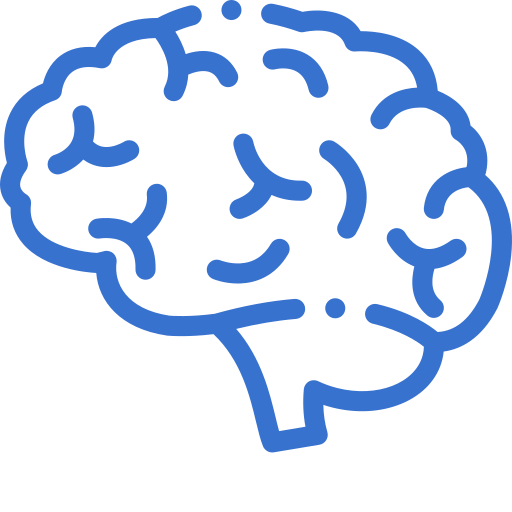
Brain
Mag L-Threonate appears to demonstrate a chemical attraction to the brain. In fact, there is about 5 more times L-Threonate in the brain than the rest of the body. This is a significant finding since it indicates Magnesium L-Threonate may be especially effective at elevating magnesium levels in the brain. Research has indicated that magnesium L-threonate is one of the only forms of magnesium that reaches and enters the brain efficiently at significant levels (1).
Researchers concluded that THREONATE lead to an increase in brain magnesium levels, with an increase in both short-term synaptic facilitation and long-term potentiation, leading to improvements in learning and memory functions (2).
Elevation of brain magnesium exerts substantial synaptoprotective effects in a mouse model of Alzheimer’s disease, and hence it might have therapeutic potential for treating Alzheimer’s disease (3).
One randomized, double-blind, placebo-controlled study examined the effects of Mag Threonate on cognitive decline in older adults. A total of 44 participants (age 50-70) with mild cognitive impairment were given placebo or MMFS-01 (25 mg per kg body weight) daily for 12 weeks. Compared to placebo, the MMFS group experienced improvement of cognitive ability and and cognitive fluctuation – large fluctuations in mental capacity over time (such as having “bad days”). nearly restored their cognitive function to the level of healthy adults (4).
-

Longevity
Animal studies demonstrate that Mag-threonate helps reduce fear-related memories, and prevents fear memories from becoming over-generalized—actions that contribute directly to reductions in anxiety (5). While fear plays an important role in keeping us safe from real threats, persistent fearful memories from a specific traumatic occurrence can cause us to become anxious and even paralyzed into inactivity.
A study conducted at Tsinghua University found that participants reported significant reductions in anxiety, experienced less stress when performing cognitive tasks, and had greater mental clarity. Furthermore, a different paper published in the journal Pain Physician found that Mag Threonate prevents and reverses memory deficits associated with chronic neuropathic pain (6).
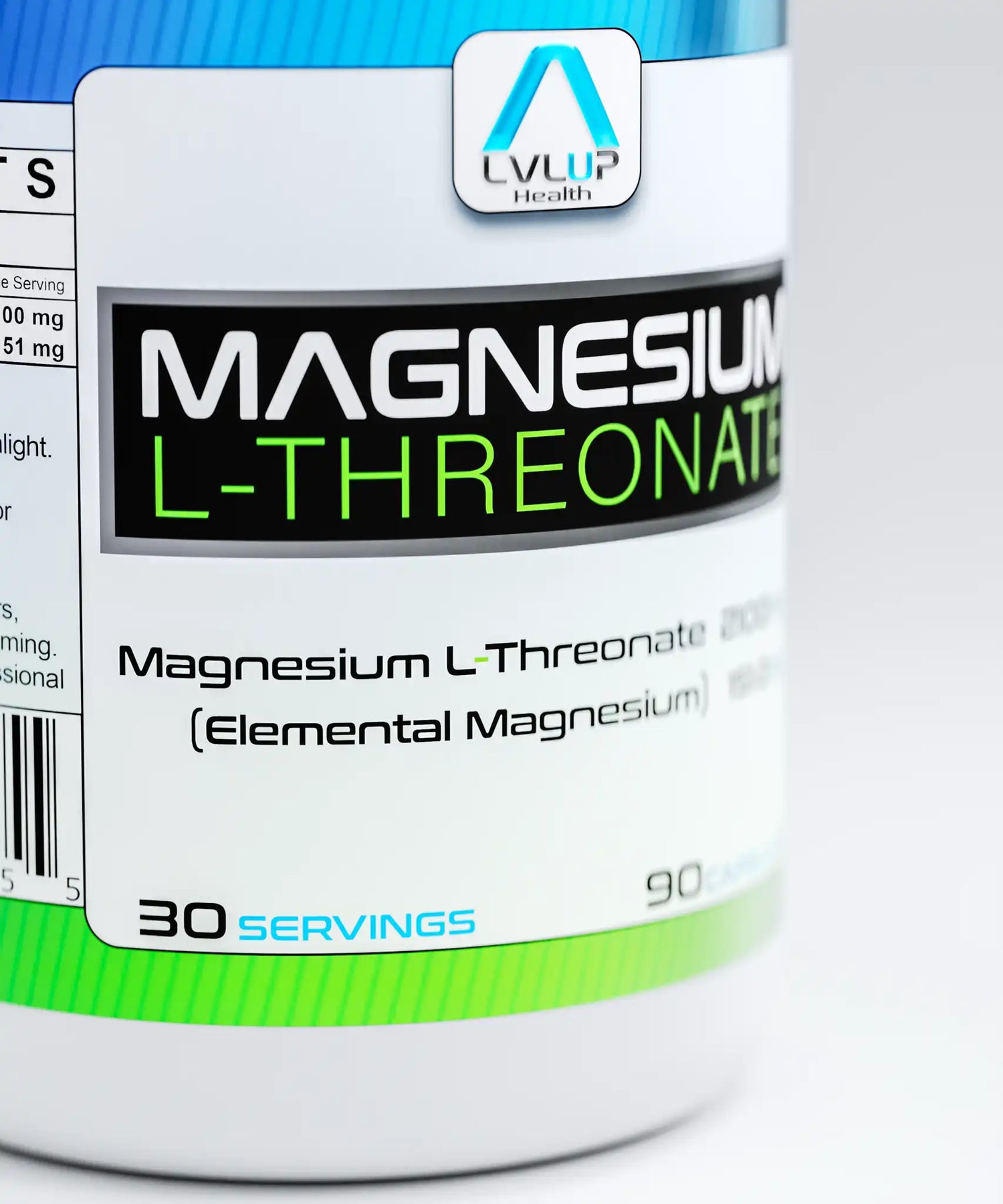
Dosage
Studies suggest taking 3 capsules; 2100mg per day for maximum benefit. We suggest taking 3 capsules at night to assist with sleep.
For some people however, it may be too stimulating to the brain and cognition to be taken at night; in this case3 capsules in the morning may be best and can help with mental clarity and calm
Each serving is 2100mg of Magnesium L-threonate equivalent to 151mg of Magnesium.
There are 90 capsules per bottle.
When to take:
You can take magnesium L-Threonate whenever you like.
However we suggest taking 3 capsule in the PM to assist with sleep.
Side Effects?
There are no known side effects of taking Magnesium L-threonate, it may however cause low blood pressure in some people.
Unlike other forms of Magnesium, such as citrate and oxide, L-Threonate chelate does not cause loose bowels.










